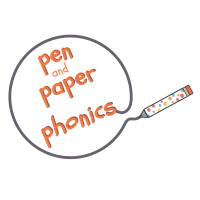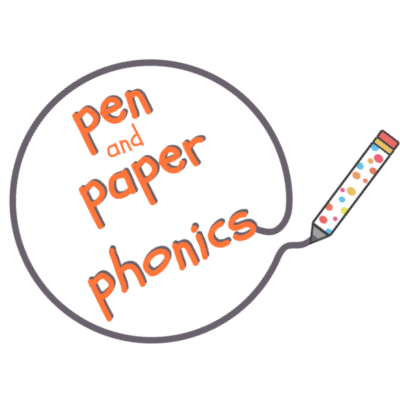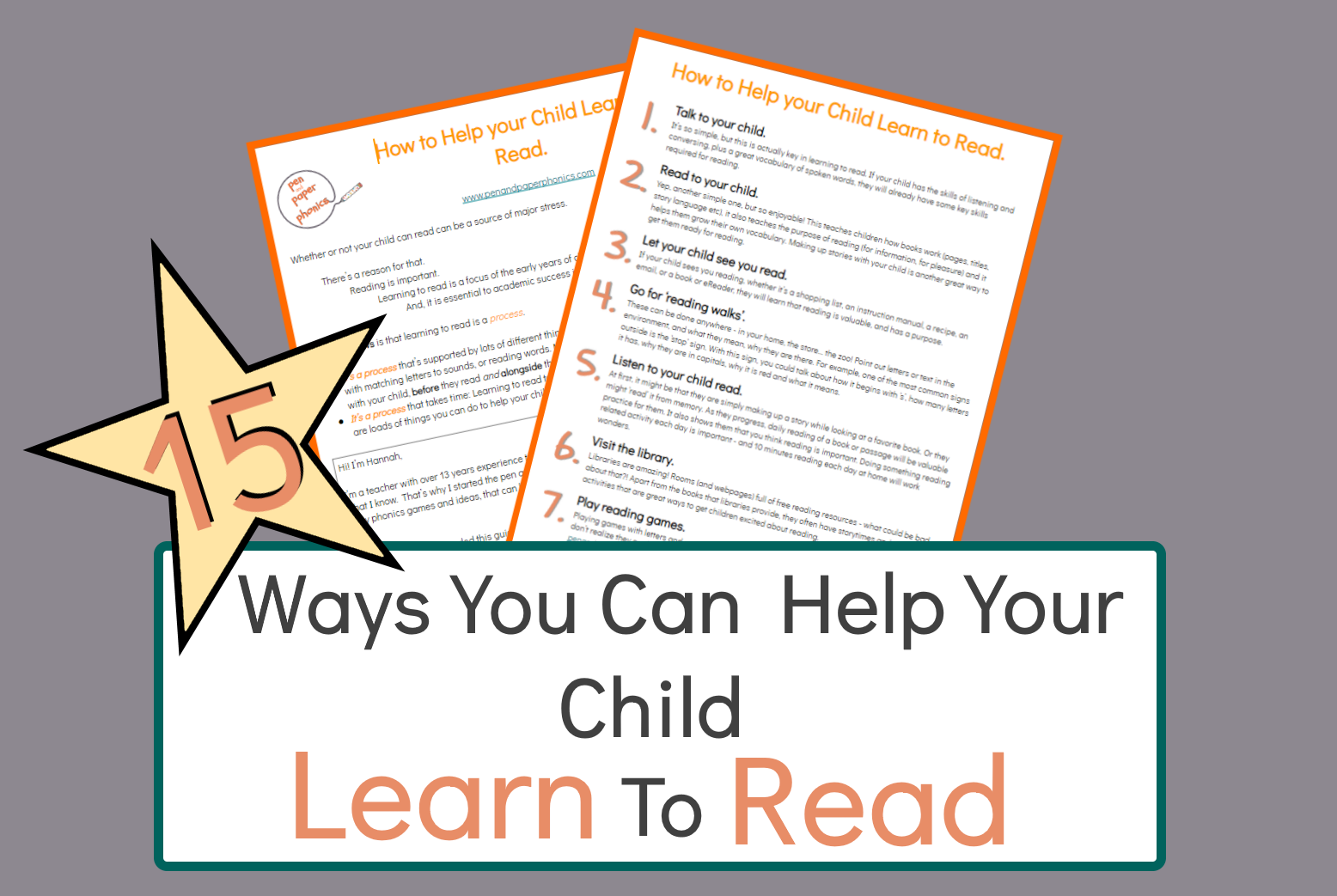
This quick, fast paced consonant digraph snap game is a great way to learn the /sh/ /ch/ and /th/ sounds. And, it provides reading practice for words containing these digraphs.
Learning that two letters are ‘making’ or representing one sound (‘digraph’ means ‘two letters’) marks an important stage in a child’s reading journey.
Most often this concept is introduced using ‘ck’, and then three quite common digraphs – ‘sh’, ‘ch’ and ‘th’. These are called consonant digraphs because they are made up of consonants (unlike vowel digraphs such as ‘ai’).
Related content: Letters and Sounds Explained
*If you would like help to know if this Consonant Digraph Snap activity is right for your child or student, click here for information to help you decide.
Consonant Digraph Snap Activity
What you will need:

- 30 small pieces of card (about 3 x 2 inches, 8 x 5cm). All need to be the same color and size.
- A list of the consonant digraphs – ‘sh’, ‘ch’ ‘th’ – that you will practice.
- A list of words containing these digraphs. I used three words for each consonant digraph, but you can use more, you just need more cards. *The resources section at the end of this post has example lists of words.
- You can play this game anywhere, but a flat playing surface is ideal.
How to make the game:

- You need to make two sets of cards with the same sounds or words in each set.
- So, use 12 pieces of card to write the consonant digraphs on. Each digraph should have four cards (for example, four ‘sh’ cards, four ‘ch’ cards and four ‘th’ cards). See picture above.
- Use the remaining 18 cards to make two sets of word cards. For example, write nine words on the first set and then repeat the words on the remaining set. See below.

How to play the game:
This game is played in two stages.

First, play with the sound (sh, ch, th) cards.

Then, in the second round, play with the consonant digraphs word cards.
First Stage:

- Give one set of sound cards to your child or student, and keep one set. Show your child or student that you have the same cards.
- Go through all the sounds on the cards. Make sure they can read these sounds. If they cannot, they are probably not ready for this particular game, but you could play it with sounds they do know.
- Shuffle the sets, and you are ready to go!
- Take turns to turn over a card in your pile and put it in the middle of the table or playing surface. Say the sound on the card as you turn it over. If one card is followed by a card with exactly the same sound on it, then race together to slap your hand on the cards and call out ‘SNAP!’ The person who gets there first takes all the cards in the pile and puts them at the bottom of their personal pile.
- The game continues until one person has won all the cards.
- This first round will be quick and have lots of snaps.
Second Stage:

- Take the second set of cards with the consonant digraph words on them.
- Again, give one set to your student or child and read through all the cards.
- Shuffle your sets.
- Then, take turns to turn over the cards and play the game just like the first round above. Remember to read the cards as they are turned over.
- The more you play, the faster you can get in turning over the cards and the more fun it becomes!
To note
Not every game or activity goes to plan! Here are some things to watch out for:

- At first this game can go quite slowly, but when your child picks up the rhythm of the game, it can go faster.
- Because of the way the game is played, the cards can be played upside down and so are difficult to read. So there needs to be a system where the cards are placed or turned the correct way up for the student to read.
- If your child finds the game too fast paced, you might want to use white card but write each set of words in different colors, so that the same words are in the same color. This will give them a clue as to when the cards are likely to match. Then they can look at how the words match after they have seen them, rather than as they see them. But if they are really struggling, it’s worth considering if they need to concentrate on just one digraph, such as all words with ‘sh’ in them (see list across).
- The first round is to introduce the digraph consonant sounds as well as the rules of the game. But the more you play, this first round might not be necessary.
How to adapt
There are lots of ways to adapt this ‘Consonant Digraph Snap’ game. Here are a few:

- A quick way to adapt or extend this game is to add more consonant digraph words. There are lots of places to find lists of words, which is great as thinking of your own can take a lot of time.
- I have some of my own at the end of this post. Click this link to go straight to the resource section of this post.
- I also really like using Spellzone’s word lists as they are well curated and quick to use.
- As noted above, you could just focus on one consonant digraph, for instance ‘sh’ words.
- You could also focus on different letter sounds, such as ‘ck’ or vowel digraphs like ‘ay’ or ‘ee’.
- Finally, the great thing about this game is that once you have the two sets of cards, you can use them for lots of different games. For example, you could hide one set around the room, and then the child has to find the cards, read them, and match them to the ones they have.
Here’s how it looked when I did it in ‘real life’!

Resources
Consonant Digraph Snap Printable Cards
Related Content:
‘ai’ and ‘ay’ Spelling Sliders
Is this Consonant Digraph Snap game right for my child?
Sometimes, it can be difficult to know if an activity will be helpful for your child or student. For this activity, the questions below might help:
- Does your child know the names and sounds of the alphabet?
- Do they read three letter words correctly by sounding out?
- Have they begun to learn that two letters can ‘make’ one sound? For example, that ‘ck’ says /c/.
If the answer is ‘yes’ to these questions, then this consonant digraph game will be a great way to teach or reinforce digraph recognition.




